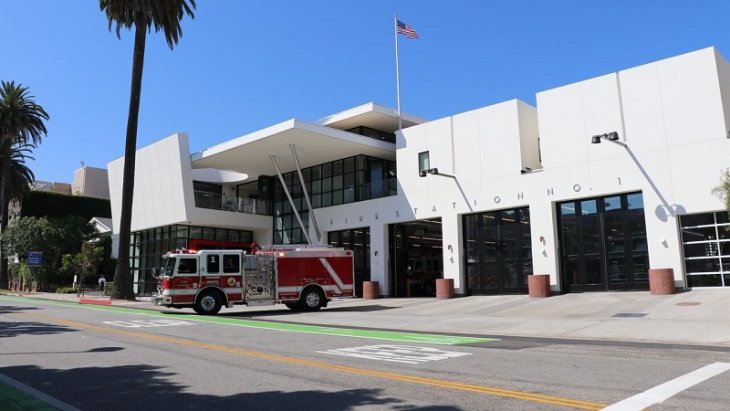Access to HIV prevention medications got a little easier.
Last week, Gov. Gavin Newsom signed a bill that would allow pharmacies to sell preventative drugs like pre-exposure prophylaxis (PrEP) and post-exposure prophylaxis (PeP) without prescriptions.
“Recent breakthroughs in the prevention and treatment of HIV can literally save lives,” Newsom said in a statement. “All Californians deserve access to PrEP and PEP, two treatments that have transformed our fight against HIV and AIDS. I applaud the Legislature for taking action to expand access to these treatments and getting us close to ending HIV and AIDS for good.”
Senate Bill 150 was authored by Sen. Scott Wiener (D-San Francisco) and Assemblyman Todd Gloria (D-San Diego). PrEP is a once-daily pill for HIV-negative people that reduces risk of infection by up to 99%, and PEP is a 28-day preventative course for people who may have been exposed to HIV. (Similarly, pharmacists are already authorized to furnish emergency contraceptives and the birth control pill without a prescription). Regarding PrEP, pharmacists will be able to provide a 60-day supply, after which the patient will need to see a physician to continue. The legislation also prohibits insurance companies from requiring patients to obtain prior authorization before using their insurance benefits to obtain PrEP or PEP.

“To end new HIV infections, we must dramatically expand access to PrEP and PEP, yet far too many Californians who need these drugs struggle to access them. SB 159 will keep more Californians HIV-negative and help us end this epidemic. I applaud Governor Newsom for signing this first-in-the-nation legislation to remove barriers to these critical HIV-preventatives.”
Supporters of the bill said it removes barriers for people to take the drug, such as having to wait for a doctor’s appointment, which could take weeks. The California Health Benefit Review Program estimated that the bill would result in more than 700 people obtaining the HIV prevention drugs, leading to 25 fewer cases of new HIV transmissions in the first year of the law‘s implementation, according to the LA Times.























